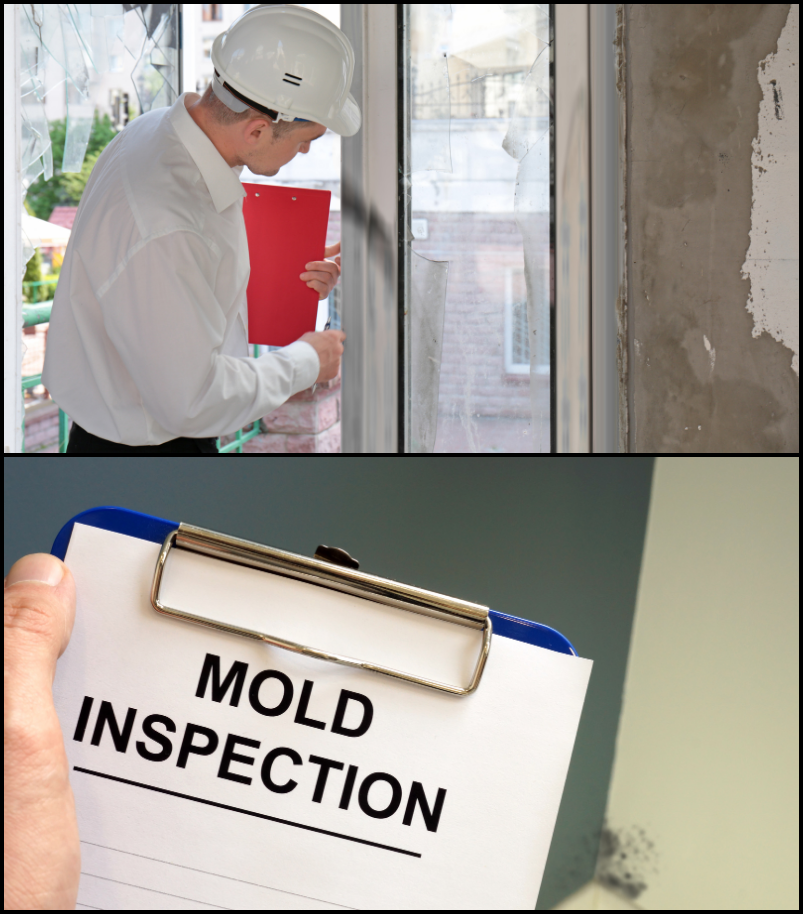Mold Testing in Southold


The Importance of Mold Testing On Long Island
Professional Mold Inspection in Southold
Residential
Commercial
Southold, located on the North Fork of Long Island in Suffolk County, is a charming and historic town known for its rich agricultural heritage, scenic waterfront views, and small-town atmosphere. As one of Long Island's oldest English settlements, founded in 1640, Southold retains much of its colonial character while offering modern amenities and a growing tourism economy. With a population of around 22,000, it is a peaceful community that attracts both residents and visitors seeking a quieter, rural alternative to the bustling Hamptons. Agriculture and viticulture are central to Southold’s identity, making it a key part of Long Island’s Wine Country. The town is home to many of the region’s top vineyards and wineries, such as Croteaux Vineyards, The Old Field Vineyards, and Bedell Cellars, which are famous for producing high-quality wines that attract wine enthusiasts from all over. Farm-to-table restaurants and local farm stands offer fresh produce, locally sourced meats, and artisanal goods, contributing to Southold’s thriving agritourism industry. Additionally, Southold's proximity to the Peconic Bay and Long Island Sound provides fresh seafood, adding to the area's culinary appeal.
Southold’s economy is driven by agriculture, tourism, and small businesses, with the town seeing an increase in visitors seeking a quieter experience compared to the more bustling South Fork. Bed and breakfasts, boutique hotels, and vacation rentals are popular accommodations for tourists who come to enjoy Southold’s scenic beauty and local vineyards. In recent years, Southold has become a destination for weekend getaways, especially for those looking to enjoy wine tours, explore farms, or spend time at the local beaches. One of Southold’s main attractions is its waterfront location, with access to the Long Island Sound and Peconic Bay offering a wide range of water-based activities. Boating, fishing, kayaking, and sailing are popular pastimes, and many residents and visitors take advantage of the town’s numerous marinas and docks. Beaches like Founders Landing Park and South Harbor Park are serene spots for relaxation and outdoor fun. Southold is also home to Horton Point Lighthouse, a historic landmark that provides panoramic views of the Sound and the surrounding coastline.
Our Mold Testing Services in Southold
Our testing and inspection process includes the following steps:
Visual Mold Inspection:
Identifying any visible signs of mold growth.
Air Quality Testing:
Detecting mold spores in the air to assess indoor air quality.
Surface Testing:
Collecting samples from surfaces to confirm mold presence.
Moisture Mapping:
Pinpointing areas of potential water damage that may lead to mold growth.
Why Choose Long Island Mold Testing
Certified and Experienced
Local Experts
Fast & Reliable Service
Health-Focused Approach
FAQs
1. What is mold testing?
Mold testing involves inspecting a property for the presence of mold by collecting air or surface samples and analyzing them in a laboratory to determine if harmful mold is present and at what levels.
2. Why is mold testing important?
Mold testing helps identify hidden mold growth that can cause health issues, property damage, and decreased indoor air quality. It allows homeowners to take prompt action to remove mold and prevent further problems.
3. How do I know if I need mold testing?
If you notice visible mold, experience a musty odor, or suspect water damage (e.g., from flooding or leaks), mold testing is recommended. It’s also a good idea after purchasing a home, following major storms, or if household members experience unexplained health issues.
4. What types of mold are commonly found in homes?
Some common molds found in homes include Stachybotrys (black mold), Penicillium, Aspergillus, and Cladosporium. Testing can determine the specific types of mold present and assess the risks they may pose.
5. How is mold testing performed?
Mold testing typically involves collecting samples from the air, surfaces, or materials in your home. These samples are then analyzed in a lab to identify the types of mold present and their concentrations.
6. How long does mold testing take?
The actual testing process usually takes a few hours, but receiving lab results can take anywhere from 24 hours to a few days, depending on the type of testing and the laboratory used.
7. How much does mold testing cost?
The cost of mold testing varies depending on the size of the property, the extent of testing required, and the types of tests performed. Prices typically range from $300 to $600, but more comprehensive testing can cost more.
8. What should I do if mold is detected in my home?
If mold is found, you should contact a professional mold remediation company to safely remove it. It’s important to address the underlying cause of the mold (such as water leaks or high humidity) to prevent future growth.
9. Can I test for mold myself?
There are DIY mold testing kits available, but they may not be as reliable as professional testing. Professional mold inspectors are trained to locate hidden mold and provide more accurate assessments of the extent of the issue.
10. How can I prevent mold growth in my home?
To prevent mold growth, control indoor humidity levels, repair leaks promptly, ensure proper ventilation (especially in bathrooms and kitchens), and clean and dry areas affected by water damage as soon as possible.
11. Is all mold dangerous?
Not all mold is harmful, but certain types of mold can cause health issues, especially for individuals with allergies, asthma, or weakened immune systems. Professional testing can help determine if the mold in your home poses a risk.
12. How often should mold testing be done?
Mold testing should be done after water damage, if mold is visibly present, when moving into a new home, or if you notice unexplained health symptoms. Otherwise, periodic testing every few years can ensure your indoor air quality remains safe.